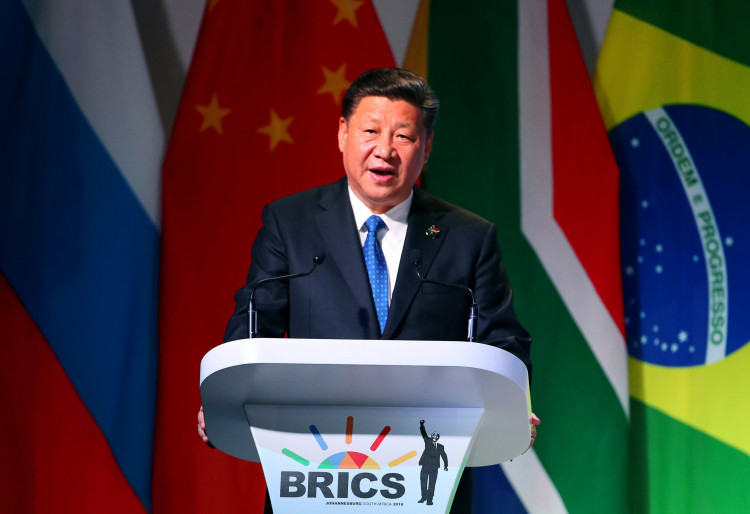President Uhuru Kenyatta said his country will achieve significant economic growth by cooperating more with China on product imports and infrastructure development.
The Kenyan president believed that if more Kenyan products made it to the Chinese market, his government will have enough budgets to fund his country's infrastructure projects. Right now, his country is in need of more railways, internet satellites, and energy sources.
Kenyatta said local product exports to China help trade deficit reduction, In the long run, he is looking forward to attracting larger Chinese investments into his country, the president said.
Kenyatta said this in the light of the Beijing Summit of the Forum on China-Africa Cooperation to be led by Chinese President Xi Jinping, the Africa News reported. The event will be held from Sept. 3 to 4.
Early this month, Kenyan coffee Java House Africa announced that it signed a deal to export its coffee and tea to China through Green Chain, a subsidiary owned by C.J. Smart Cargo International. The coffee chain will export 10 to 15 tons a month of its Kenya AA Arabic coffee and Gold Label Tea according to Reuters.
Java House has 57 stores across three East African countries. Majority of its stores are located in Kenya. The company has been exporting its macadamia nuts to China, as well as other agricultural commodities across Asia.
Kenya's education sector is also heavily reliant on China. Sun Baohong, Chinese Ambassador in Kenya, announced on Aug. 23 that 69 Kenyan students were given scholarships by the government. An additional 100 students, on the other hand, received scholarships from Chinese companies.
These students are scheduled to arrive in China to fulfill their studies, The Global Times reported. Sun said the Chinese government has been committed to providing scholarships to Kenyan students since 1982. The ambassador estimated that there are more than 2,400 Kenyan students that are studying in China at present.
Sun mentioned that Kenya was the main beneficiary of the $60 billion pledge by Beijing at the China-Africa forum in 2015. Since then, more than 67,000 Kenyan workers have undergone training from different sectors in the government.
Elsewhere in the region, China is making its best effort to increase its influence and improve bilateral ties across African nations.
In July, President Xi encouraged more Chinese companies to make investments in East Africa where Kenya is located. He did the same convincing for Central Africa.
In West Africa, the president oversaw the signing of an agreement involving the region's participation in China's One Belt, One Road initiative.
In South Africa, the president agreed to a total of $14.7 billion of investments.





